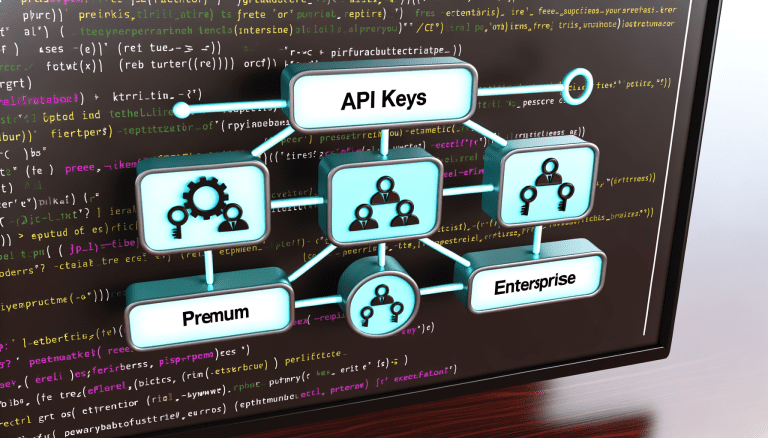Introduction
The article delves into the pricing structures of four major API authentication services: Cognito, Auth0, Firebase, and Supabase. It explores how these platforms are intensifying competition in the market and what this means for developers.
Cognito Pricing Overview
Cognito offers a flexible pricing model primarily based on active users. This suits businesses with fluctuating user bases, but the learning curve can be steep for new users.
Auth0 Pricing Dynamics
Auth0 employs tiered pricing that scales with the number of users and application load. It is favored for its user-friendly interface and extensive customization options, making it ideal for enterprise solutions.
Firebase Authentication Pricing
Firebase provides straightforward pricing with a focus on scalability. Small to medium applications benefit from its free tier, which provides basic authentication functionalities at no cost.
Supabase Costing Strategy
Supabase, though newer, is gaining traction due to its open-source nature and competitive pricing. It is particularly appealing to startups and developers seeking transparency and flexibility.
Comparative Analysis
The article compares the strengths and weaknesses of each service. Cognito’s comprehensive suite is balanced against its complexity, Auth0’s feature-rich platform against its higher costs, Firebase’s ease of use against its limited advanced features, and Supabase’s affordability against its maturity.
Market Trends
There’s a growing trend towards open-source solutions and modular pricing models. This reflects a shift in the market as developers demand more control and cost-effectiveness in API authentication services.
Conclusion
The competition among Cognito, Auth0, Firebase, and Supabase is heating up, benefiting developers with more options and better prices. Developers should consider their specific needs, from scalability to budget constraints, when choosing an API authentication provider.
View the original article here: https://zuplo.com/blog/2024/11/27/api-authentication-pricing




